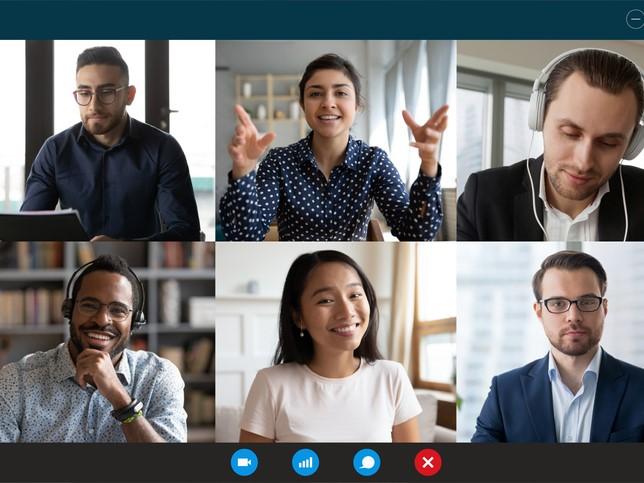
The 10 commandments of academic Twitter
Lucas Lixinski
UNSW Sydney
Advice on how universities can make the most of Twitter, LinkedIn, Facebook and other social channels to support their teaching and research

Social media: a useful, informative tool or an addictive, damaging distraction? This is a question that has inspired much hand-wringing in academia, and society at large, in recent years. So how can universities harness the positive opportunities afforded by social media platforms while managing potential pitfalls such as misinformation and online abuse? This collection brings together resources that will guide academics on the best use of digital channels, such as Twitter and LinkedIn, detail success stories and offer strategies for ensuring the online safety of the academic community.


